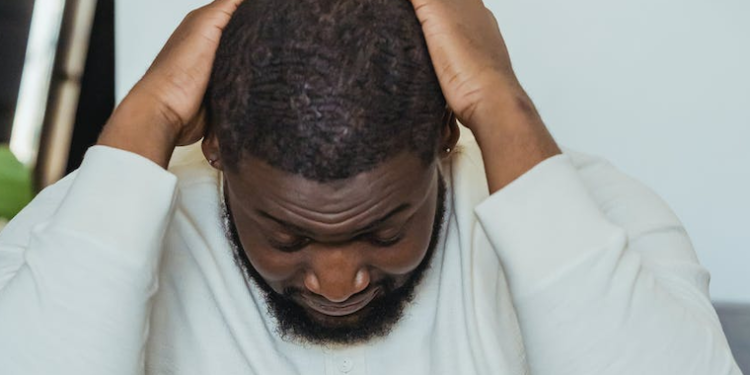By THE OBSERVER UG
Last week, mental health activists asked the ministry of Health to formulate national policies aimed at addressing suicides and mental health challenges in the country.
The World Health Organization (WHO) estimates indicate that suicide deaths in Uganda reached 2,033, or 0.98% of total deaths, in 2020, with a death rate of 10.45 people per 100,000 people. Suicide occurs throughout the lifespan and is the fourth leading cause of death among 15 to 29-year-olds globally.
Suicide rates are so high among vulnerable groups who experience discrimination, conflict, disaster, violence, abuse, a sense of isolation, and others. WHO estimates that every year, 703,000 people take their own lives, and many more people attempt suicide. Every suicide is a tragedy that affects families, communities and entire countries, and has long-lasting effects on the people left behind.
Speaking at the Golf Course hotel, Stuart Raymond Kasule, a suicide prevention trainer and mental health advocate, said the ministry of Health, with aid from parliament, should formulate a policy dedicated to fighting mental health in Uganda.
“We have had a lot of engagements at the national and international levels. We have had engagements with the WHO, the ministry of Health, Parliament of Uganda, Butabika hospital, the Buganda kingdom, the Inter-Religious Council of Uganda, and other entities and introduced to them training models for suicide prevention and mental issues,” he said.
“In the meetings we had with government entities and hospitals, they admitted to the challenge of a lack of first aid for mental health challenges and training models. What we are trying to do is involve everybody in the fight against suicide and mental health challenges.”
He said Living Works International agreed to provide free suicide prevention models and train Ugandans on how to fight suicide and mental health. We lose so many Ugandans to suicide and mental health challenges. Men naturally don’t talk or reveal their challenges; their solution is always football matches and bars, unlike women, who always reveal their challenges; so, we need to engage men and the boy child.
Statically, women think more about suicide, but men put it more into action. He called for the integration of mental health services in general health care, task-sharing with non-specialist care providers in primary health care, community mental health services that may involve community mental health centers and teams, psychosocial rehabilitation, peer support services, and supported living services, and services that deliver mental health care in social services and non-health settings, such as child protection, school health services, and prisons.







Discussion about this post